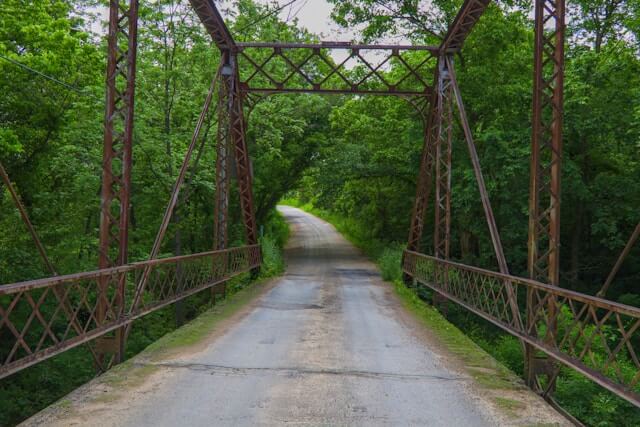Green Roads
The True Cost of Unstable Roads
In the realm of infrastructure, the stability of roads is paramount. Municipalities and road construction companies alike are familiar with the costly cycle of repairs and maintenance. Yet, amidst the frustration lies an often overlooked solution: Green Roads. In this article, we delve into the facts surrounding frequent repairs and unveil the true cost of unstable roads.
Understanding the Issue
The scourge of frequent repairs on roads is not merely a nuisance; it’s a significant financial burden. Asphalt and concrete surfaces, susceptible to weathering, cracks, and potholes, demand constant attention. Municipal budgets strain under the weight of repeated repairs, while road construction companies face the challenge of meeting these demands efficiently.
The Cost of Repairs
Picture this: a single pothole repair can cost a municipality thousands of dollars. Multiply that by the countless repairs needed annually, and the financial toll becomes staggering. Road construction companies, too, contend with the expenses of labor, materials, and equipment required to address these issues promptly.
Environmental Impact
Beyond the financial implications, unstable roads take a toll on the environment. Traditional repair methods often involve the use of petroleum-based materials, contributing to carbon emissions and environmental degradation. As municipalities seek sustainable solutions, the need for eco-friendly alternatives becomes increasingly evident.
Introducing Green Roads
Enter Green Roads – a revolutionary approach to road stability and sustainability. At the forefront of this innovation is bioresin, a sealant derived from renewable sources. Unlike traditional materials, bioresin offers durability, flexibility, and environmental benefits, making it an ideal solution for road construction and maintenance.
The Benefits of Bioresin:
Durability: Bioresin forms a resilient barrier against water, chemicals, and wear, prolonging the lifespan of roads and reducing the frequency of repairs.
Sustainability: Derived from renewable resources, bioresin minimizes environmental impact while promoting eco-conscious practices in infrastructure development.
Cost-Efficiency: While the initial investment in bioresin may be higher, the long-term savings in reduced repairs and maintenance outweigh the upfront costs.
Conclusion
In the pursuit of stable and sustainable roads, the adoption of bioresin sealants marks a significant step forward. Municipalities and road construction companies stand to benefit not only financially but also environmentally. By embracing Green Roads, we pave the way for a future where infrastructure is resilient, cost-effective, and eco-friendly.
Asphalt may crack, and concrete may weather, but with Green Roads and bioresin, the path to stability is clear.
Join the movement towards Green Roads today. Contact us to learn more about how bioresin sealants can transform your road construction and maintenance practices.


